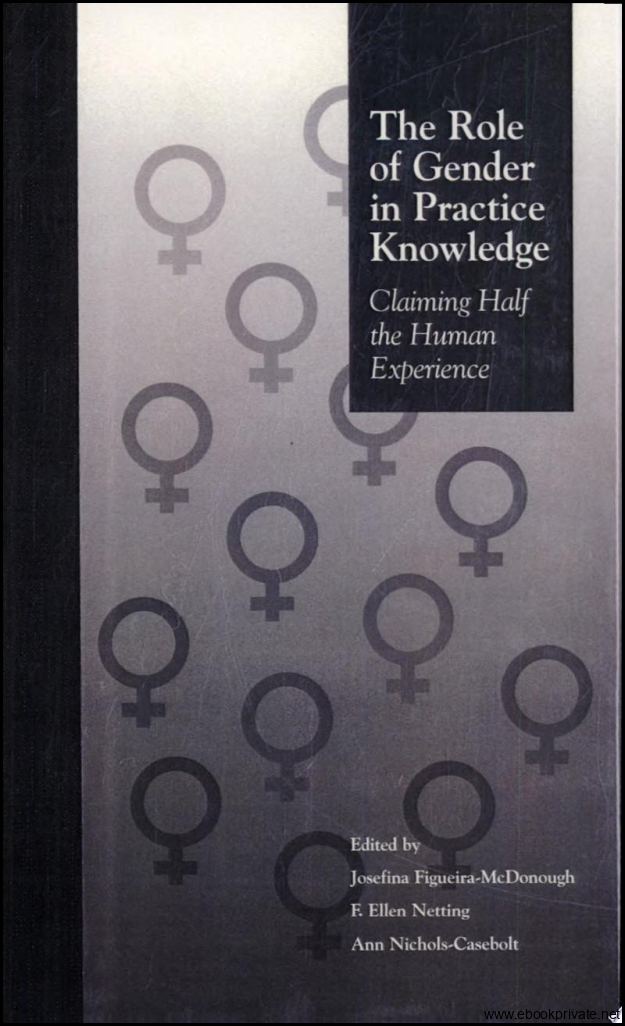Book Review: The Role of Gender in Practice Knowledge
As a book critic, I recently had the pleasure of delving into The Role of Gender in Practice Knowledge, which was written by Josefina Figueira-McDonough, Ann Nichols-Casebolt, and F. Ellen Netting. At first glance, the book’s heavy page count of 453 and publication date of 1998 may make some readers apprehensive. However, I can assure you that this book is a timeless masterpiece that is just as relevant today as it was over two decades ago.
The authors do an admirable job of exploring how gender plays a pivotal role in the development and dissemination of knowledge in various fields. They provide comprehensive research that is both eye-opening and insightful. Their discussions dissect issues such as how gender affects knowledge acquisition and access to information for different genders.
One thing that stood out to me was how this book made me feel on a personal level. It made me reflect on how my own gender identity has influenced my experiences with gaining knowledge. The authors emphasized the importance of recognizing gender bias in society, particularly in academic settings where there can be limitations on certain genders’ learning opportunities.
While this book does an excellent job of tackling its subject matter, there are some shortcomings worth mentioning. First off, the terminology used can be challenging to understand for readers unfamiliar with academic language conventions. Additionally, at times it seemed like some sections were unnecessarily repetitive.
Despite these minor shortcomings, The Role of Gender in Practice Knowledge is an essential read not just for academics but also anyone interested in the current discourse on gender equality and inclusivity. It’s refreshing to see such an important topic covered with so much depth and nuance!
In conclusion, I would give this book a solid score of 4 out of 5 stars! Its insights are sure to resonate with readers even years after its initial publication date- which makes it a must-read for those interested in critically examining the intersectionality between gender and knowledge acquisition.
The Role of Gender in Practice Knowledge

publishedDate : 1998
authors : Josefina Figueira-McDonough, Ann Nichols-Casebolt, F. Ellen Netting
publishers : Taylor & Francis
pageCount : 453
Article Related to “The Role of Gender in Practice Knowledge” Book :
The Role of Gender in Practice Knowledge: Research
The role of gender in the expansion of knowledge for social work practice is complex. Many of the challenges to traditional epistemology and research methods within the social sciences and helping professions emerged from each field’s biases and distortions in the study of women. The objectivity of science and other issues concerning a value …
Full article: The role of gender, profession and informational role …
As such, the intricate roles that knowledge sharing, gender and profession play in decision-making might be deciphered better by understanding the impact of informational role self-efficacy. Informational role self-efficacy is the extent to which a person believes he/she can share expertise that is relevant to another person’s performance at …
